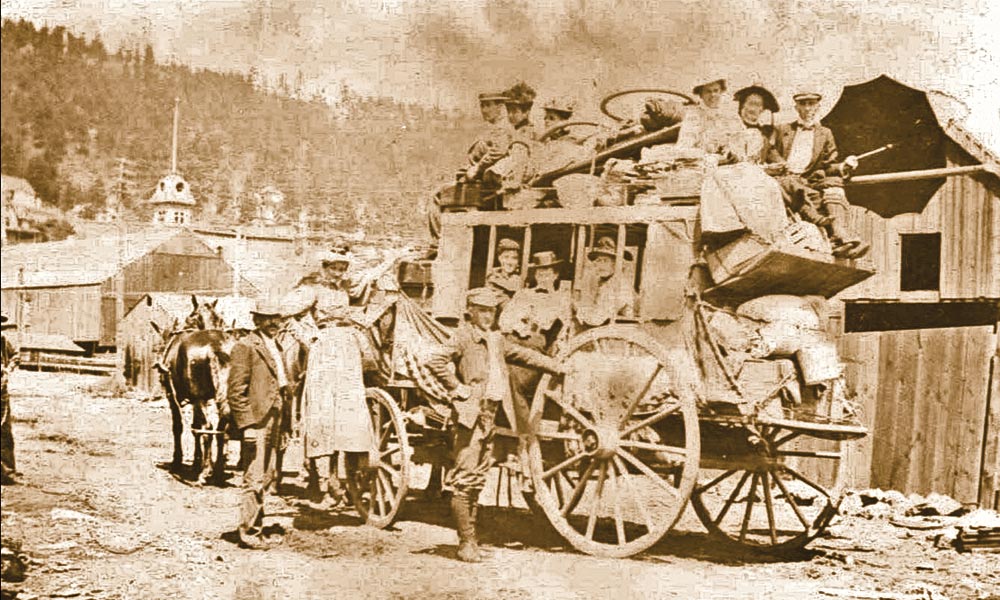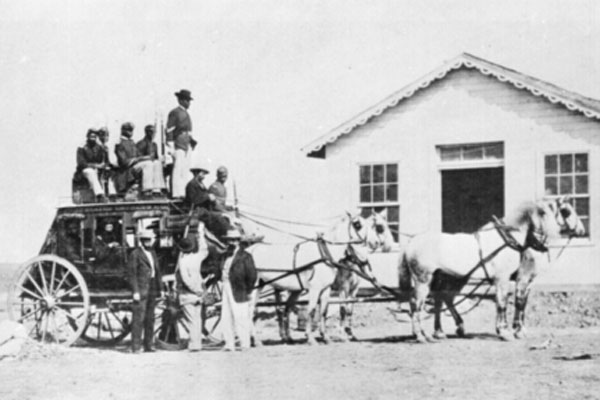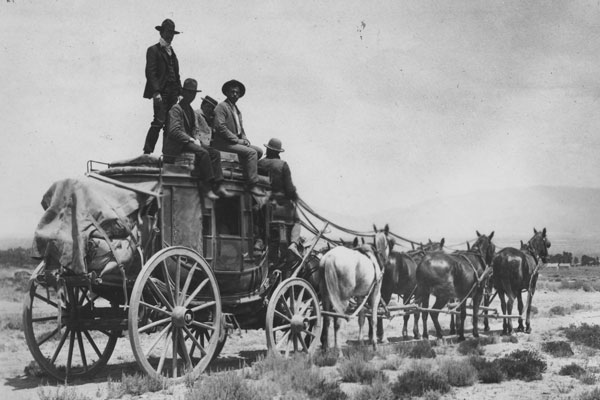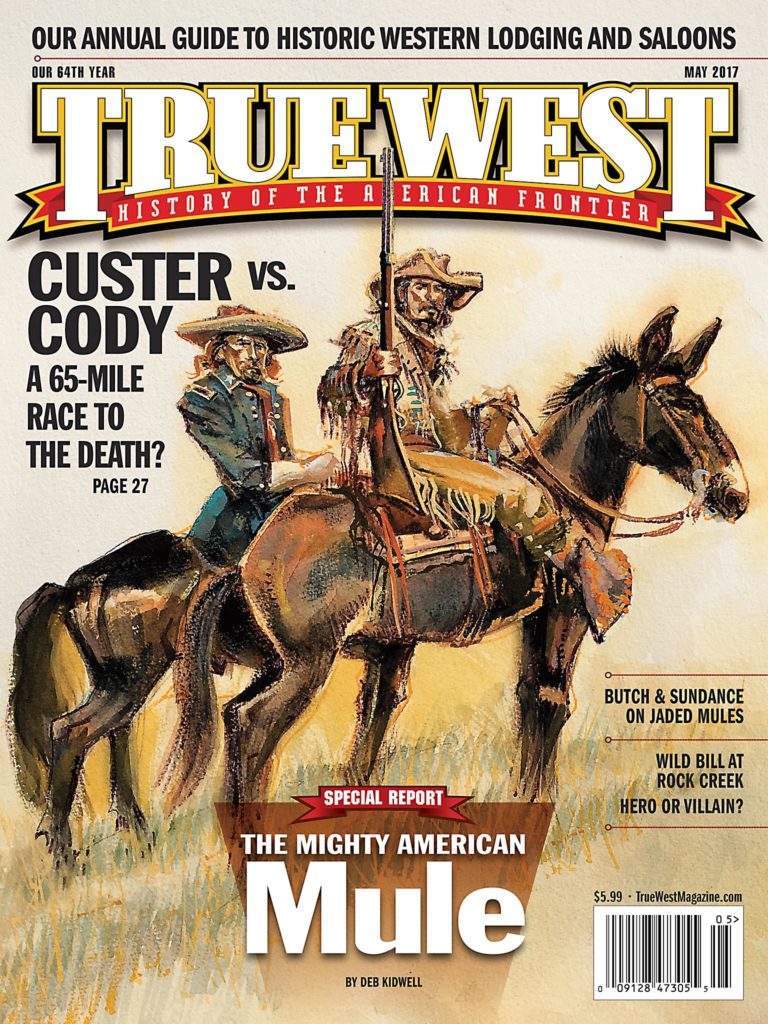
Thanks to an 1877 Omaha Herald article, we know how we should have behaved if we’d taken a stagecoach in the old west.
First, we were advised that the best seat inside the coach was behind the driver, riding backwards. Yes, some people got motion sickness, but if it didn’t bother you, this was the spot with “half the bumps and jars” of any other seat. Riders were admonished that if another passenger offered to trade seats, “don’t do it.”
“Bathe your feet before starting in cold weather, and wear loose overshoes and gloves two or three sizes too large,” the paper advised. It also offered these valuable hints:
“In very cold weather, abstain entirely from liquor while on the road; a man will freeze twice as quick while under its influence.”
“Don’t smoke a strong pipe inside, especially early in the morning; spit on the leeward side of the coach.”
“Be sure and take two heavy blankets with you; you will need them.”
“Don’t swear; do not lop over on your neighbor when sleeping. Don’t ask how far it is to the next station until you get there.”
“Never attempt to fire a gun or pistol while on the road; it may frighten the team and the careless handling and cocking of the weapon makes nervous people nervous.”
“Don’t discuss politics or religion nor point out places on the road where horrible murders have been committed if delicate women are among the passengers.”
“Don’t grease your hair before starting or dust will stick there in sufficient quantities to make a respectable ‘tater’ patch.”
“When the driver asks you to get out and walk, do it without grumbling.”
“If a team runs away, sit still and take your chances; if you jump, nine times out of ten you will be hurt.”
“Don’t imagine for a moment you are going on a picnic; expect annoyance, discomfort and some hardships. If you are disappointed, thank heaven.”





